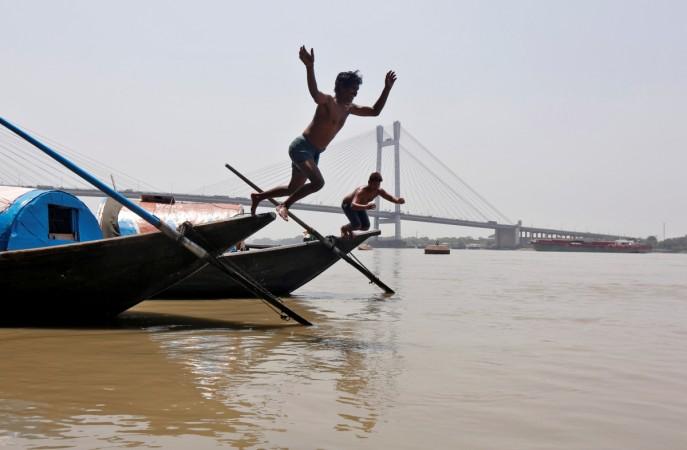
India is set to divert water from major rivers such as the Brahmaputra and the Ganges to regions in the country that are prone to severe drought, Water Resources Minister Uma Bharti told BBC on Monday. However, Bangladesh's water resources minister urged the Modi government to ensure the country gets its share of water.
Stating that the project on The Inter Linking of Rivers (ILR) has 30 planned links for water-transfer, Bharti said one link is set to kick off any time.
"Interlinking of rivers is our prime agenda and we have got the people's support and I am determined to do it on the fast track," Bharti told BBC.
"We are going ahead with five links [of the rivers] now and the first one, the Ken-Betwa link [in Uttar Pradesh and Madhya Pradesh] is going to start any time now," she said.
Many Indian states suffered some of their worst droughts this year due to two poor monsoons, leaving millions affected.
India's plans on diverting rivers has, however, led to huge concern in Bangladesh, with major media outlets such as the Dhaka Tribune and Bangladesh News 24 prominently featuring articles on India's proposed policy on their websites on Tuesday.
"Tucked away in the far north of Bangladesh, one may witness here [at the Gajoldoba Barrage on the Teesta River] the holocaust that has followed in the wake of India's policy of damming up rivers," the main story on Dhaka Tribune said on Tuesday.
"It has become clear that the Indian government has diverted and withdrawn as much water as deemed necessary at Gajoldoba, unconcerned with Bangladesh's needs or even those of the farmers downstream from the barrage," the author said in the article.
Bangladesh's State Minister for Water Resources Muhammad Nazrul Islam also urged the Indian government to keep Bangladeshis' need in mind.
"India is giving a lot of importance to its own people hit by drought...but it must not ignore our rights. I don't expect India to do that either," Islam told bdnews24.com on Monday.
"We will ask for data pertaining to our fair share of water. Fifty-four of 56 Indian rivers flow through Bangladesh. So efforts to extract water upstream in India or divert river courses will be cause for worry for us," he said.
But it is not just opposition from Bangladesh that the Indian government faces. Environmental experts have also pointed at the shortcomings in the project.
"The project is based on the idea of diverting water from where it is surplus to dry areas but there has been no scientific study yet on which places have more water and which ones less," South Asia Network for Dams, Rivers and People's Himanshu Thakkar told BBC.
"It is even more impossible in the context of climate change as you don't know what will happen to the rivers' flows," he said.

















